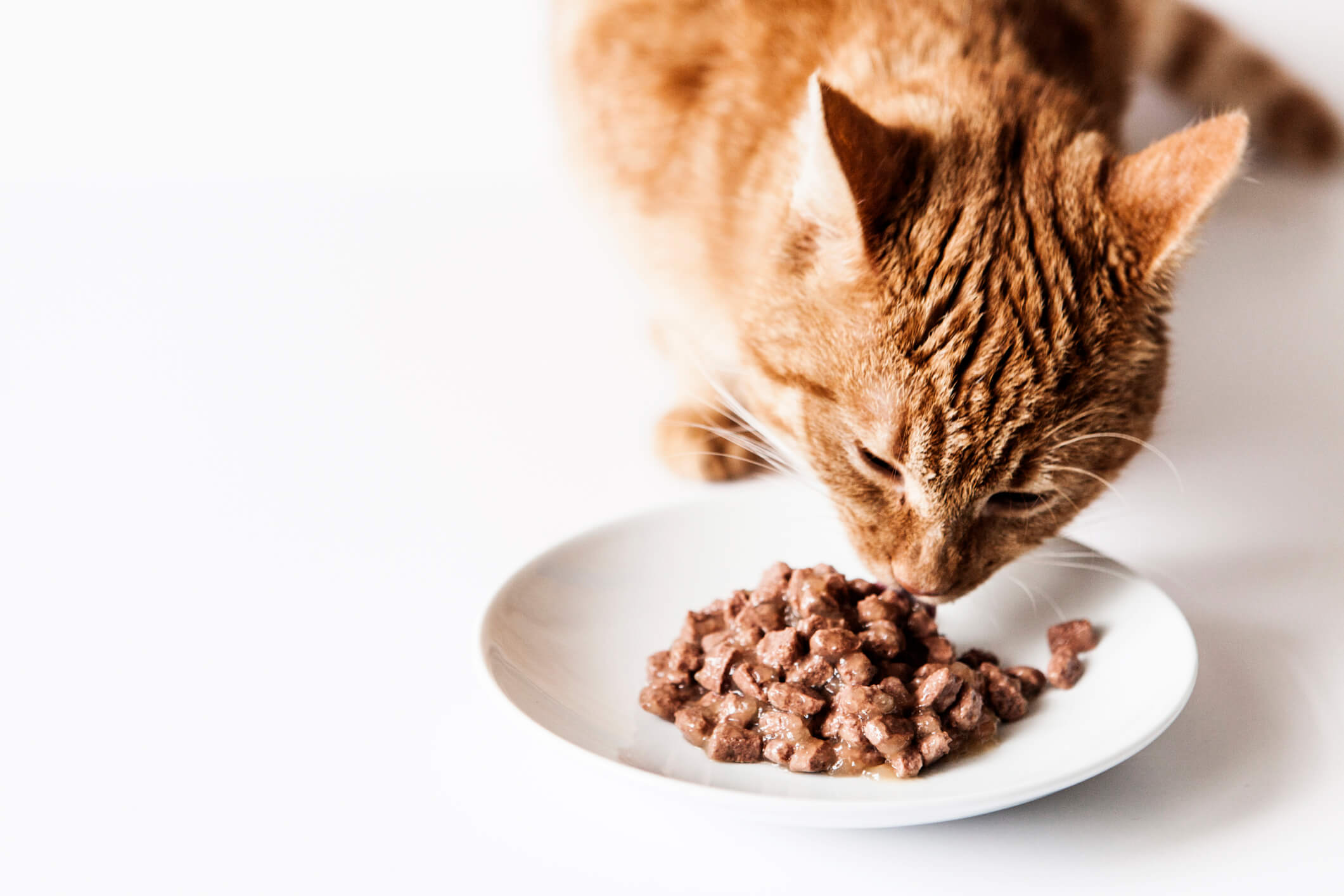
How Integrative Medicine Can Support Pet Diabetes
Diabetes is a disease that affects not only humans but also our furry companions. To keep pets’ blood sugar stable, vets usually prescribe insulin injections. However, many owners are left wanting to do more for their diabetic pets. That’s why more pet owners and holistic vets are turning to integrative medicine.
By combining the best of traditional and alternative practices, integrative medicine might just be your pet’s best defense against the effects of diabetes.
What’s integrative medicine?
Integrative medicine is a treatment method that combines both conventional and alternative strategies for protecting your pet’s health. A conventional way to treat diabetes in cats and dogs is by prescribing insulin, while holistic approaches may incorporate herbal supplements, weight loss and dietary restrictions.
Vets who study integrative medicine will recommend multiple different methods for treating and preventing illnesses. Many conventional and alternative treatments are administered in the vet’s office because they require a professional. Procedures such as surgery, ultrasounds and vaccinations obviously require a trained vet. Those who practice holistic treatments may also offer specialized acupuncture and chiropractic services.
However, not all treatments have to be conducted in the vet’s office. Vets often entrust pet owners with administering medication at home and regulating the cat’s or dog’s diet. There are even some alternative forms of treatment you can try at home to reduce the effects of diabetes and improve your furry companion’s overall quality of life.
Integrative treatment options for pet diabetes
Diabetic animals do not need to be treated with insulin alone. In fact, this insulin by itself may not provide the best outcome for pets, especially those who may still enter remission from diabetes.
Vets who are trained in holistic approaches will likely come up with a comprehensive treatment plan that incorporates natural remedies for additional support. One popular treatment option involves herbal supplements. There are plenty of supplements on the market made specifically for animals and have proven to reduce the body’s need for insulin by stabilizing blood sugar.
Additionally, for diabetic pets, diet is everything. Diabetic animals experience the disease in different ways, so your pet’s diet will depend on which type of diabetes they have. For instance, diabetic cats usually respond well to a diet high in the right kind of protein and low in carbs. Dogs living with Type I diabetes often need lots of complex carbohydrates along with additional fiber. Generally, a diet low in fat can benefit most diabetic animals.

How owners feed their pets also matters a great deal. Vets generally advise against large meals because they can overwhelm the pet’s system with too much glucose at once. Spread out their calories with smaller portions given three times a day. A restricted diet will help regulate blood sugar levels in diabetic animals to make up for the fact that their pancreas isn’t producing enough insulin.
Other alternative approaches include exercise and weight loss. All pets need regular exercise, but this is especially true for diabetic cats and dogs. Weight loss will help ease the symptoms of Type II diabetes when done properly. In order for your pet to lose weight, you have to monitor their daily caloric intake along with the type and duration of exercise they’re doing. A holistic vet can give you advice on how to reduce your pet’s weight the safe way.
Managing the secondary effects of diabetes
Integrative medicine doesn’t just treat diabetes itself, either. Vets who are well-versed in holistic treatment can recommend ways to prevent the secondary effects of this disease, as well. Conventional medicine typically focuses on treating diagnosed illnesses, while an integrative approach seeks to protect your pet’s health from future ailments.
Diabetic animals usually have a weakened immune system. This can lead to frequent infection and a host of other problems because their body is less capable of protecting itself from disease. Vets recommend giving diabetic pets a daily multivitamin that’s packed with minerals to support immunity. A diet rich in antioxidants has proven helpful, too.
In addition to weakened immune systems, cats and dogs who live with diabetes are also at a greater risk of developing cardiovascular diseases later in life. Even though diabetic pets need a low-fat diet, a little bit of the right kind can actually do some good. Studies have shown that essential fatty acids like omega-3s and gamma linolenic acid (GLA) promote good cardiovascular health in cats and dogs.
Conventional and alternative treatment options are less effective when used on their own. Insulin injections combined with supplements, exercise and dietary restrictions create the best game plan for overcoming diabetes. A vet who practices integrative medicine can guide you on how to administer holistic treatments at home and suggest natural remedies that are perfect for your pet to keep them healthy.


